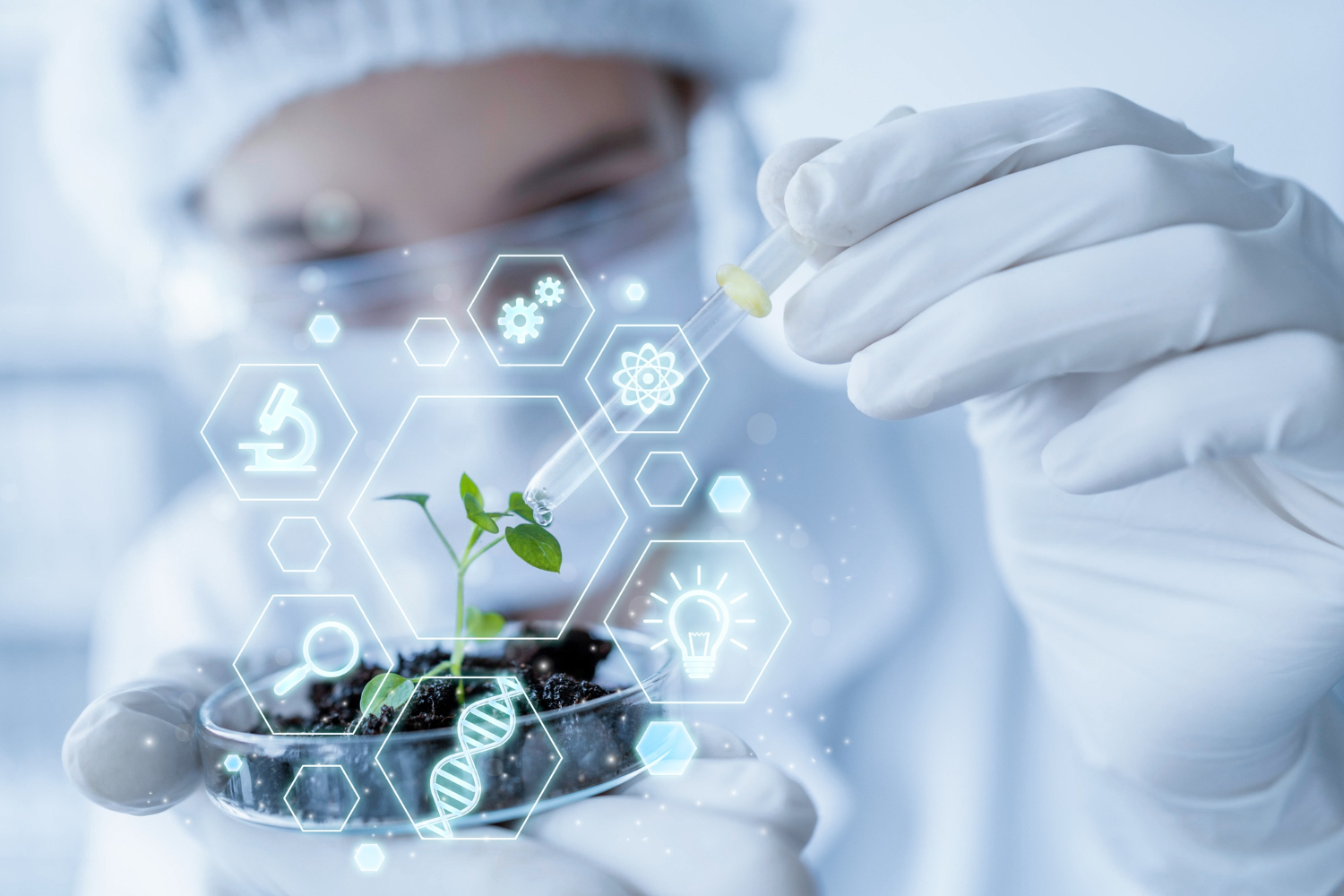- info@farmkit.io
- 5000 Yonge St Suite 1901, Toronto, ON M2N 7E9
Revolutionizing Agriculture with Nanotechnology
farmkit_admin
November 2, 2023

Nanotechnology, a groundbreaking field in science, is leaving its mark on various sectors, including agriculture, food industries, and animal sciences. Its integration into agricultural sciences is reshaping the way we approach farming, food safety, and environmental sustainability.
Key Areas of Nanotechnology in Agriculture
Nanotechnology’s relationship with agricultural science can be explored in several key areas:
- Enhancing Security in Agriculture and Nutritional Systems: By improving the resilience and efficiency of agricultural practices.
- Intelligent Systems for Disease Prevention and Treatment: Using nanotechnology to create smart solutions for managing plant health.
- Advancements in Biological and Cellular Research: Nanotechnology aids in the development of innovative devices, pushing the boundaries of research.
- Recycling Agricultural Waste: Transforming waste into energy or industrial chemicals, promoting sustainability.
Addressing the Pesticide Dilemma
Currently, pesticides and poisons are the fastest, most cost-effective response to agricultural pests, but their indiscriminate use raises significant concerns. Excessive pesticide usage can harm human health, affect pollinators and farm animals, and contaminate water and soil. A critical question emerges: How much should these poisons be used?
The Role of Smart Nanodrugs
Smart drugs, operating at nano dimensions, offer a promising solution. These drugs, capable of moving within the plant, are enclosed in packages with special molecular codes. This allows targeted delivery to affected areas, ensuring the drug is released only in necessary amounts. This precision minimizes the use of harmful substances in agriculture.
Prevention Over Cure: Bio-nanosensors
Early detection is crucial in managing plant diseases. Bio-nanosensors, a blend of chemical, physical, and biological tools, can detect disease agents at the initial stages, significantly reducing damage. These sensors, linked to an energy converter, provide rapid, accurate reports on environmental pollutants.
Innovations in Food Packaging
Nanotechnology is also revolutionizing the food packaging industry. New plastics, infused with nanoparticles, effectively block oxygen penetration, extending food freshness. This zigzag nanoparticle arrangement lengthens the oxygen molecule’s path, slowing down food spoilage.
Turning Waste into Resources
Nanotechnology aids in recycling agricultural waste, converting it into energy or industrial chemicals. For instance, “electric spinning” is a method used to produce cotton bobbins and yarn from cotton waste. Nanofibers produced from cellulose absorb pesticides and fertilizers, preventing their entry into the ecosystem and releasing them when necessary.
The Future of Agriculture with Nanotechnology
The progress in plant sciences, agriculture, and food industries is intrinsically linked to advancements in cellular and molecular biology research. Nanotechnology is at the forefront of this evolution, providing new tools and methods that are reshaping our understanding and management of agricultural practices.
In summary, nanotechnology is not just an addition to agricultural sciences; it is a transformative force, paving the way for more efficient, sustainable, and safe agricultural practices.
